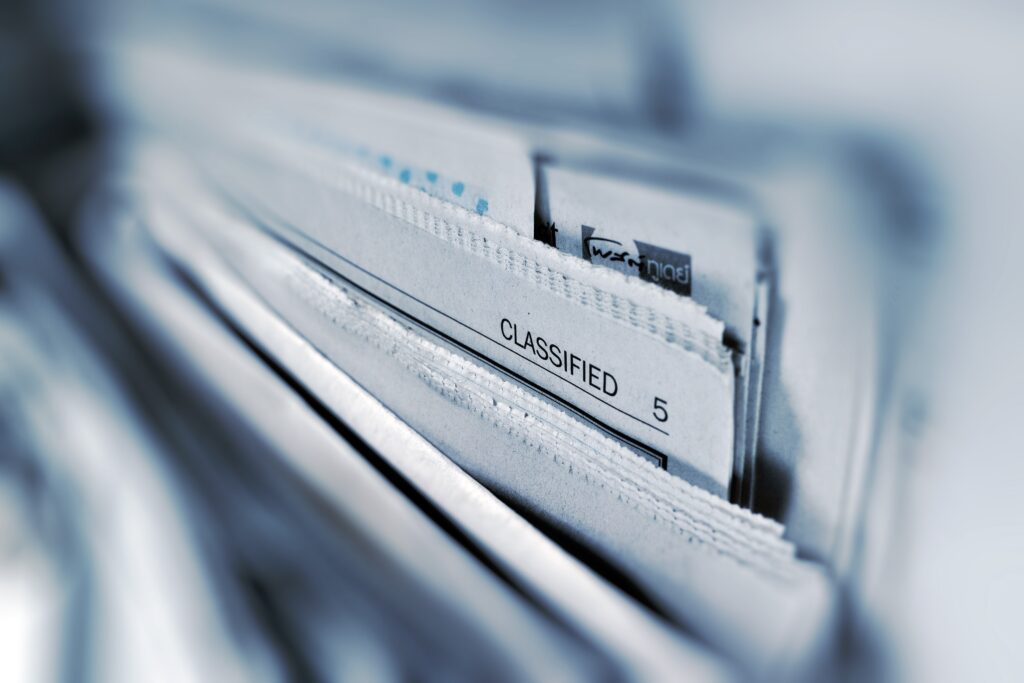
The First Amendment of the United States Constitution says, “Congress shall make no law… abridging the freedom… of the press…” This means that the United States government would find the idea of prior restraint to be unconstitutional and a threat the First Amendment freedoms of anyone who works in the media field.
According to Cornell Law School’s Legal Information Institute, “… prior restraint is government action that prohibits speech or other expression before the speech happens.” Some argue that prior restraint should be allowed to protect the country in matters of national security. One notable case of this in the United States was the Watergate Scandal and the resulting Pentagon Papers.
In 1971, New York Times reporter Neil Sheehan was given copies of a study concerning the United States’ involvement in Vietnam and the war. At the time Sheehan received these copies, the U.S. was still involved in the war. Reporters at the Times worked for months on the story only to be urged to stop printing it by the attorney general no more than 48 hours after they were published.
Government officials claimed that releasing these documents would cause “irreparable injury to the defense interest of the U.S.” The Department of Justice asked the U.S. district court to halt the publication of the articles. As this passed, prior restraint had occurred and prohibited the Times from producing the papers.
Two weeks later, after a review by the Supreme Court, the Pentagon Papers were allowed to published by any and all newspapers. Although journalists and reporters were glad the injunction had ended, they were frightened that it had occurred in the first place. This had been the first time the United States government had forced prior restraint on newspapers.
As a student currently working towards being a journalist, it is important that the rights of all media professionals are protected. As journalists and reporters, it is our job to relay all the most important information to citizens so they can make smart, informed decisions. Knowing the government has deemed the principle of prior restraint as unconstitutional should be motivating for all media professionals and allow us to appreciate the freedoms we are lucky to have being a part of the American media.
Leave a Reply